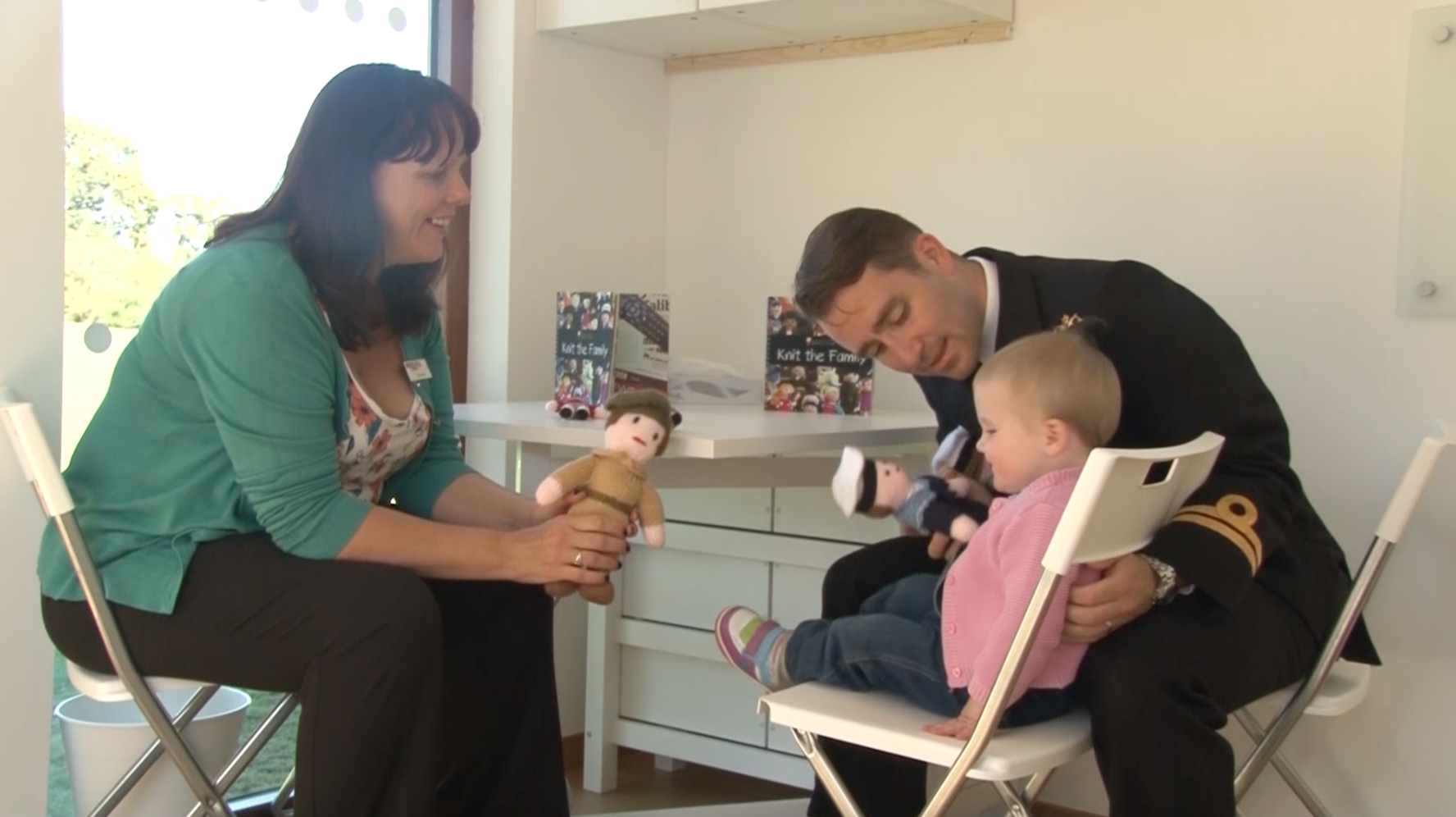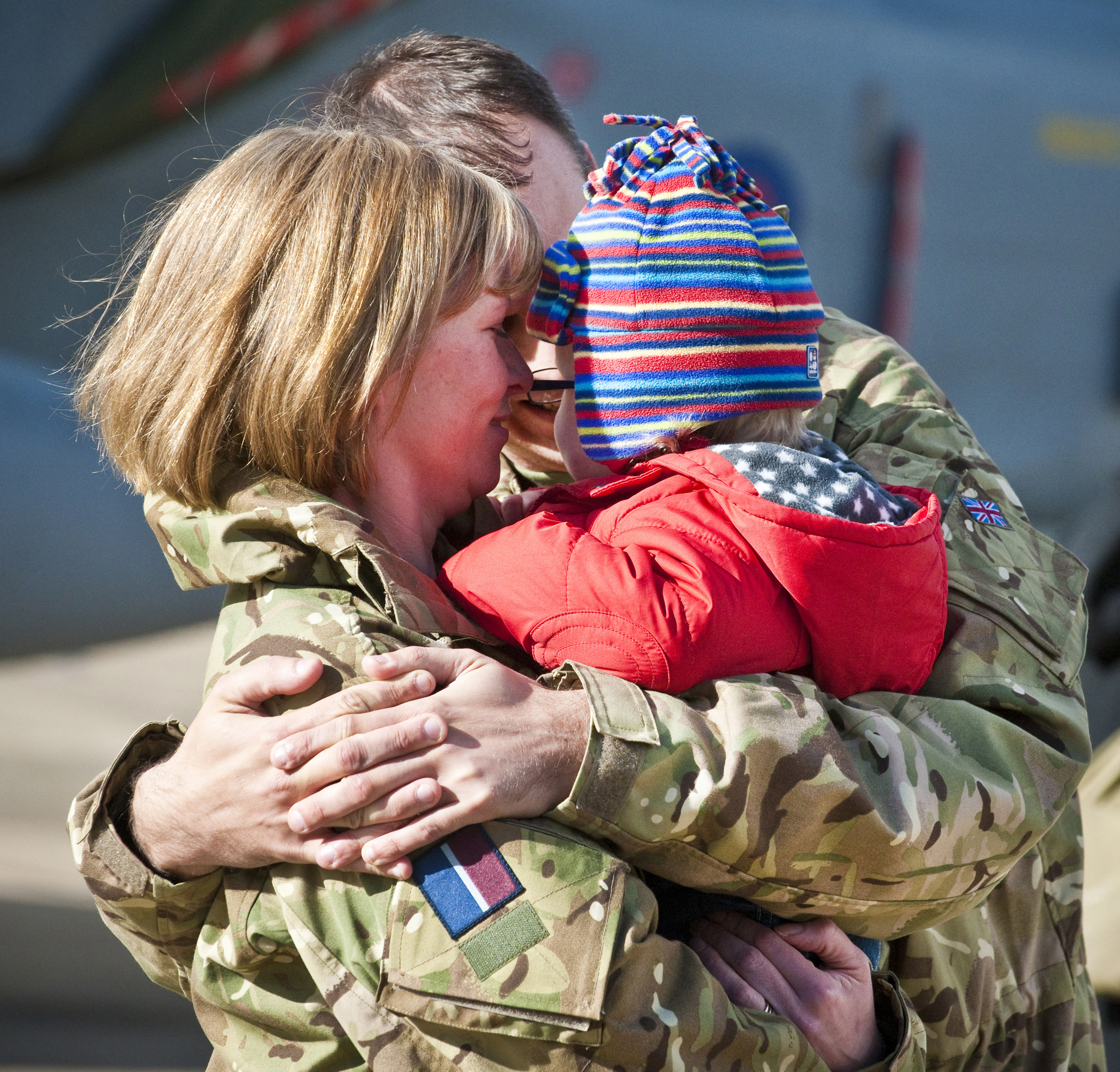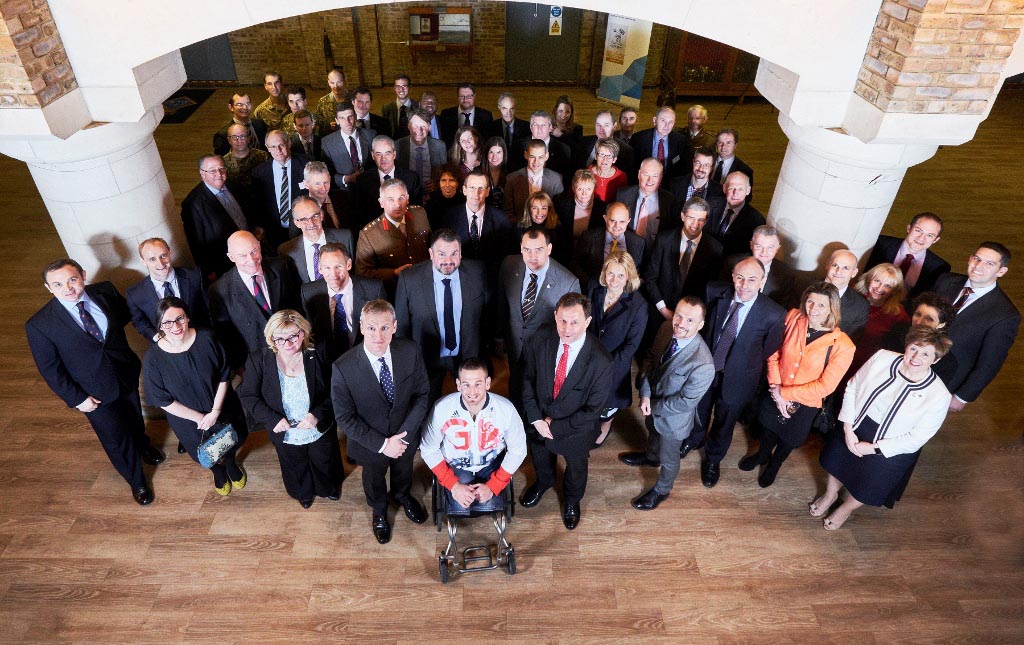Service families
This section provides Service families with information about how the Covenant can help by removing disadvantages arising from Service life, or offering special provision if appropriate.
Some policies will apply to you and others will not. This section will direct you to the right place on GOV.UK and other trusted resources so that you can see what is available.








